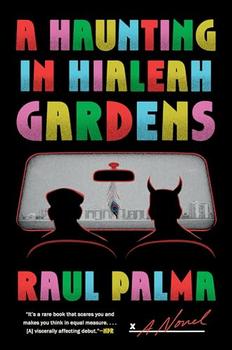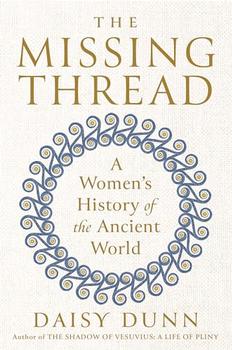Book Club Discussion Questions
In a book club? Subscribe to our Book Club Newsletter!
Please be aware that this discussion guide will contain spoilers!
-
Debt is a tangible idea in A Haunting in Hialeah Gardens with the money that Hugo owes, but the novel also examines the concept of debt and what we owe others more metaphorically. What debts do you think Hugo owes, beyond the monetary one? Who does he owe them to?
-
How is Hugo's experience of Miami different from other depictions of the city that you've read or seen? Why do you think that is? Does Hugo's immigration, skin color, and socioeconomic status play into it?
-
Discuss the ways in which guilt and regret affect Hugo throughout the novel. How does it impact his relationship with Meli? And with Santi?
-
Discuss the many hauntings in this novel. Who, or what, is Hugo haunted by? How do these hauntings manifest? And how does Hugo make sense of them—at the beginning of the novel and then toward the end?
-
Discuss the similarities and differences between Hugo and Alexi.
-
On page 142, Hugo comes across Dulce's drawings, which hint toward a part of his past that he's never outwardly spoken about. Do you think it could be pure coincidence? Why or why not?
-
On page 158, it is revealed that Meli was unaware of the medical bills that later lead to Hugo's debt. Should Hugo have hidden the bills from Meli? Do you think his actions were justified?
-
What do you think of the progression of Hugo's character over the course of the book?
-
On page 45, Palma writes that Hugo "needed to remind his clients that the world is a mystical place, even if he didn't believe it." Despite Hugo's protestations that he doesn't believe in spirits throughout much of the novel, mystical forces
seem to find him anyways. Do you think Hugo wishes he believed the way his clients do at the beginning of the novel? And when the spirits do find him, how does it affect him? Do you think his world is richer for his entrance into the mystical?
-
What do you think of the compromise Hugo makes with El Tío in the end? Why does he make this decision? What is at stake for him?
Unless otherwise stated, this discussion guide is reprinted with the permission of Dutton.
Any page references refer to a USA edition of the book, usually the trade paperback version, and may vary in other editions.




